Got Banana Peels? Make Fertilizer Tea For Your Plants
One person's trash is another's fertilizer tea! These DIY home "brews" use items you have around the house and garden, and give your garden plants the nutrient boost they need. Check out these easy recipes!
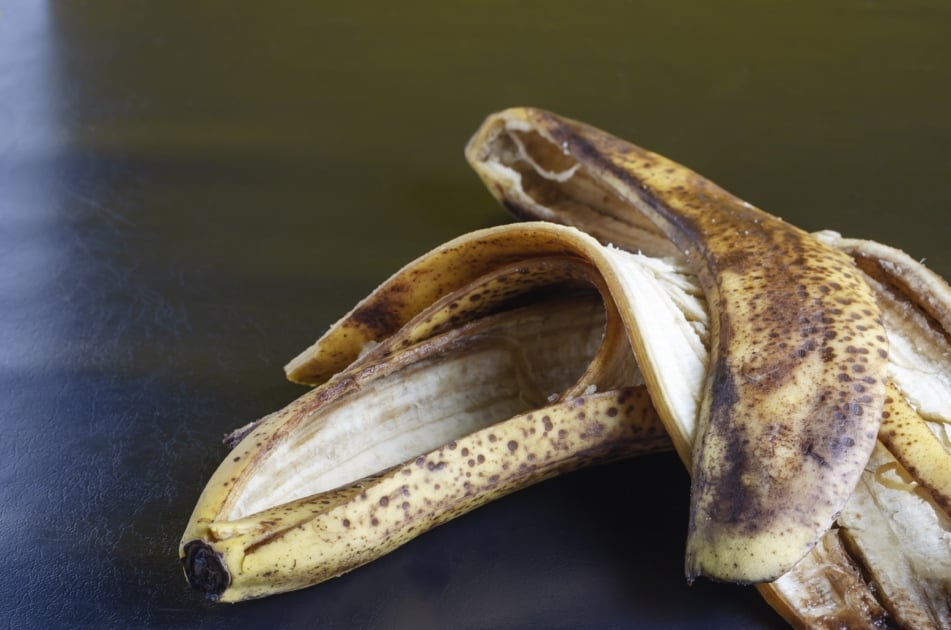
Spot of tea, anyone? How about for your plants? Homemade fertilizer teas, like “banana peel tea,” are all the rage right now because green-thumb gardeners know that these organic liquid fertilizers are the best way to get nutrients to your plants. While dry, granular fertilizers are a common way to add nutrients to your soil, liquid versions administer nutrients quickly, ensuring your plants get what they need to grow faster, have increased yields, and improved overall health. Luckily, you probably have everything you need to “brew” any one of these fertilizer teas—which are easy to make—right at home.
6 Homemade Garden Fertilizer Teas
1. Banana Peel Tea
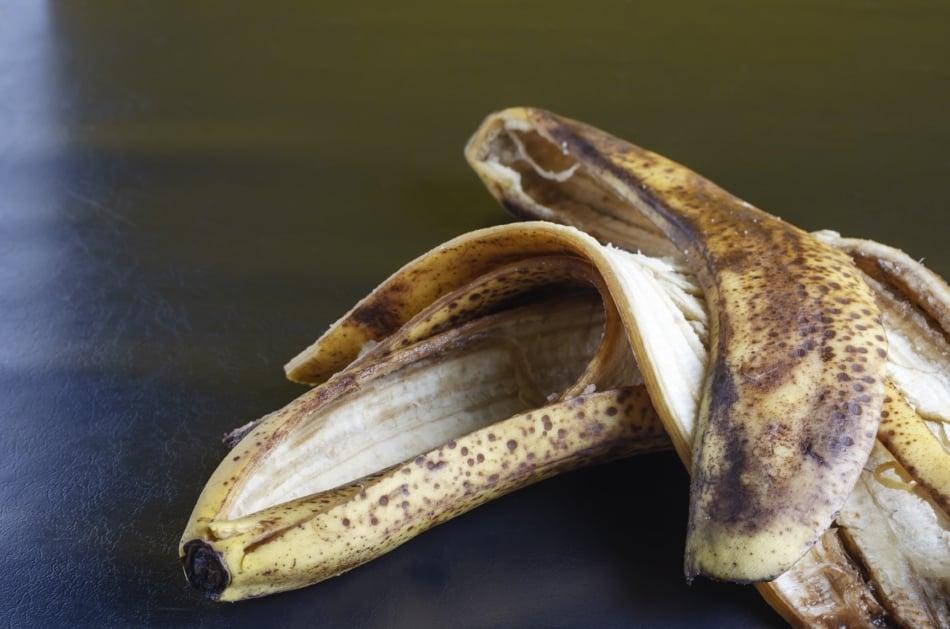
Another way to use banana peels! These slippery coverings are loaded with nutrients, such as potassium, phosphorus, and calcium, and when used as a fertilizer, help improve overall plant strength, stronger stems, stronger root development, and more robust fruits. While you can toss your banana peels directly into your garden (like in trench composting), making banana peel tea is a much more effective method of delivering those needed nutrients to your plants.
To Make: Keep a pitcher of water in your refrigerator about ¾ full. As you eat bananas, place your discarded peels in the pitcher until it’s full. After about a week, strain out the liquid and reserve for your tea.
To Apply: Dilute this concentrated liquid solution 5:1 (five parts water to one part tea) and apply to the base of your garden plants—this mixture is good for potassium-loving plants such as tomatoes and peppers. Note that this tea does not contain nitrogen, so it is not a complete fertilizer.
Bonus: Adding this liquid fertilizer to your garden is also great for deterring aphids, as they detest the smell of bananas!
2. Compost Tea
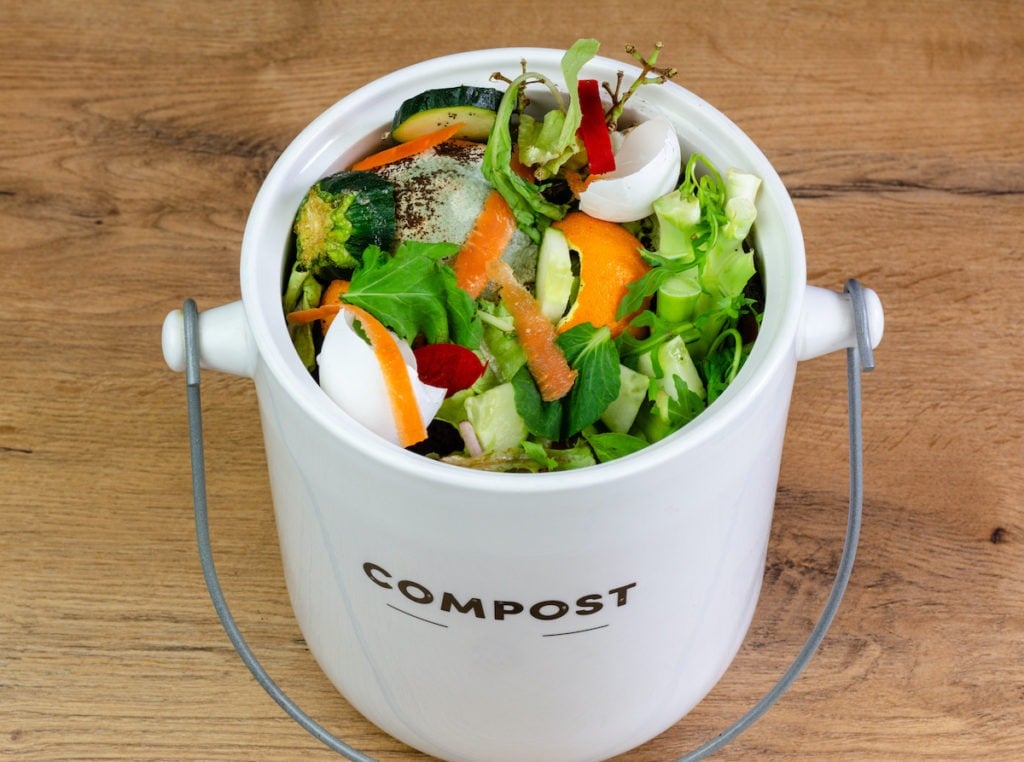
Composting fruit and vegetable scraps is the number one organic fertilizer and an optimal way to return nutrients to your garden. In liquid form, this all-around feed is the homemade organic alternative to store-bought “miracle” fertilizers, giving your plants a balanced dose of all major nutrients needed for healthy growth and increased yield.
To Make: First, sift through your compost, removing any large items that have not broken down, such as large twigs or stones. Fill 1/3 of a bucket with your prepared compost and the rest of the way with water (collected rainwater is great for this purpose). Give your mixture a good stir and let sit for a week or two (preferably away from wildlife or near where the family congregates, as this tea could potentially get stinky). Strain.
To Apply: Use your tea as you would water. Place in a watering can and pour around the base of your plants. Note: Be sure to use within a day or two as the mixture doesn’t keep.
3. Manure Tea
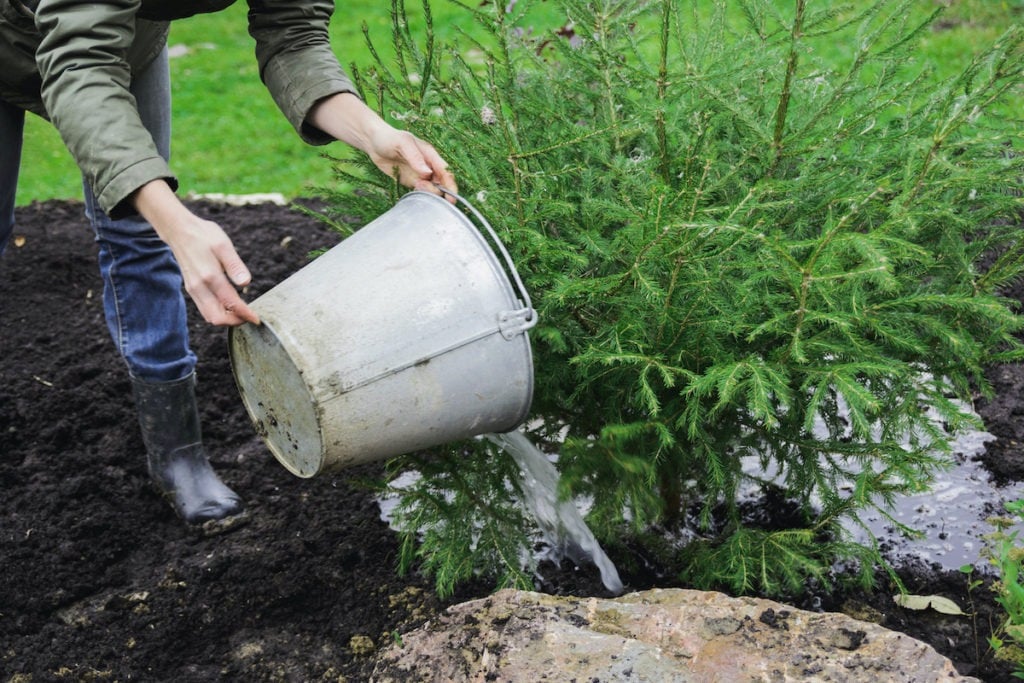
It is no deep dark secret that manure is magic for plants, as it has been used as a soil amendment for centuries. This renewable and organic fertilizer can also be turned into a tea that your nitrogen-craving plants will drink up.
To Make: Fill a bucket 1/3 full with manure and fill the rest with water. You can use chicken, horse, cow, or sheep manure, however, never use manure from carnivores, such as cats or dogs, as these can contain unhealthy pathogens. Let your mixture sit for two to three days, giving it a good stir every day. After it’s finished steeping, let the solid particles settle to the bottom of the bucket and pour the liquid into another container to apply to your plants. The leftover solids can be added to your compost pile.
To Apply: Be sure to dilute your manure tea with water until it resembles the color of iced tea before you apply, as it will be too strong for plants straight up. Apply to you plants once a week, or as needed. You may have to hold your nose, but your plants will thank you.
If you do not have manure-producing animals at home, ask a local farmer. Many have an ample supply they would be willing to part with. Or you can purchase manure at your local garden center.
4. Weed Tea
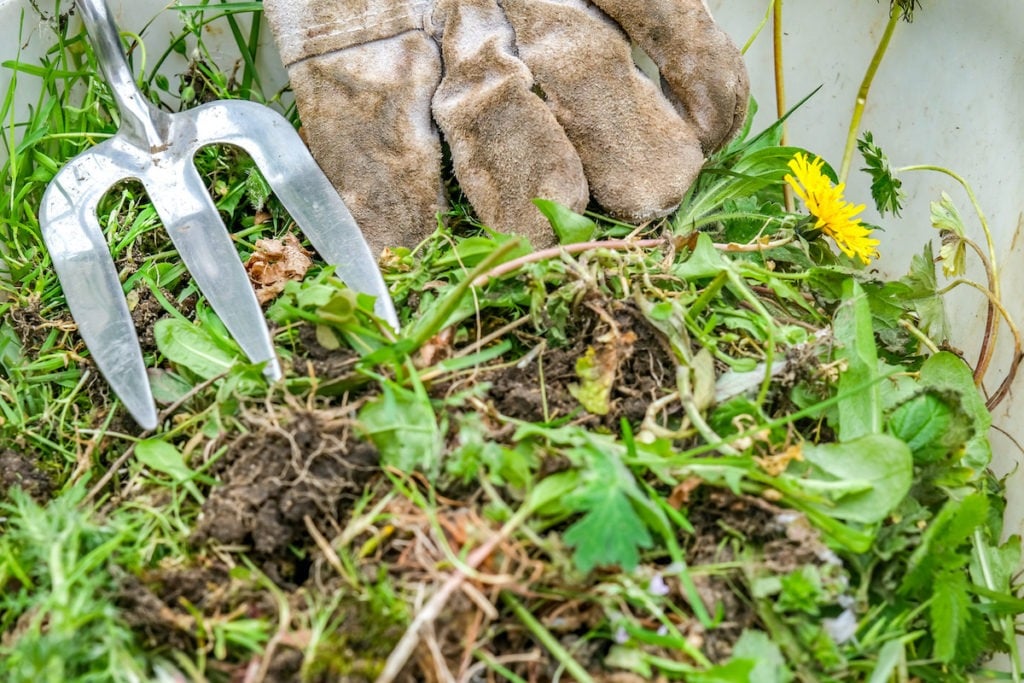
When your garden gives you unwanted nuisance weeds, make fertilizer tea! In fact most weeds contain many essential powerhouse nutrients, such as nitrogen, phosphorus, and potassium, which your garden plants will eat up. It’s a good all-purpose fertilizer for all your plants.
When picking weeds for your tea be sure to choose those that have not yet gone to seed (you don’t want to be planting more weeds into your garden), or have been sprayed with chemicals. Nutrient-dense weeds that work perfectly for this tea are alfalfa, yarrow, purslane, chickweed, dandelions, wild fennel, and stinging nettle (especially if cut in the spring).
Comfrey is another weed that can be turned into a fertilizer tea and your tomatoes and other fruiting plants will love it. Steeping the leaves in water draws out the nutrients, making it an excellent tea choice.
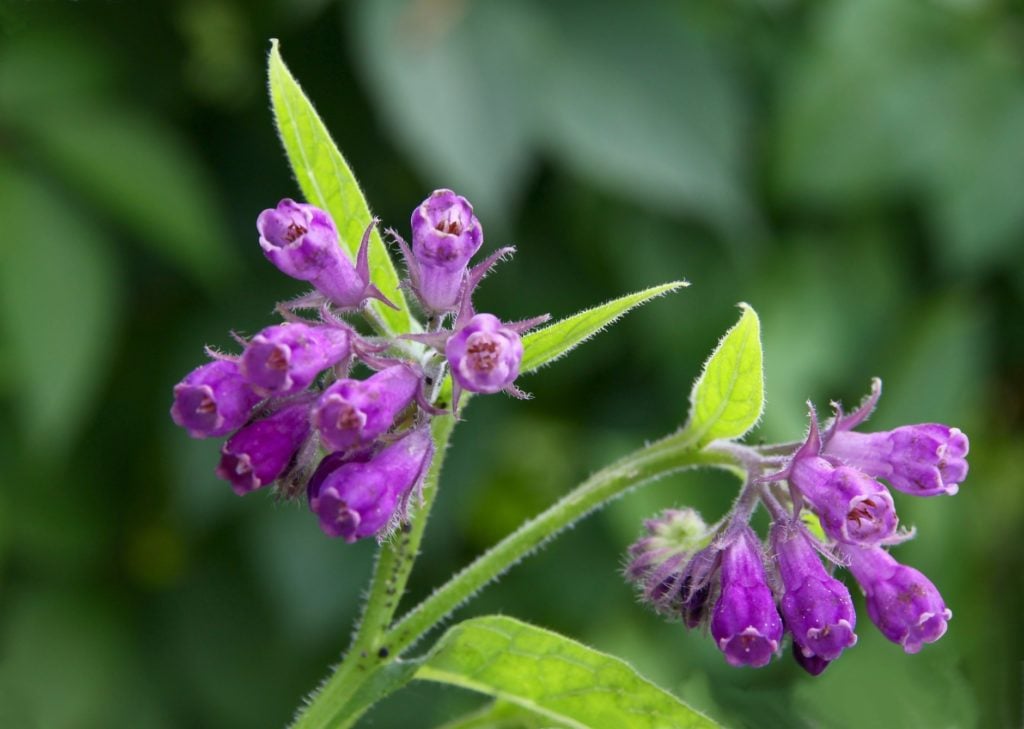
To Make: Next time you are weeding your garden, toss all those unwanted nuisances into a pail. Top them with water, cover, and let steep for a few days, up to three weeks. Your tea is ready when it turns black and begins to stink. Strain with a cloth or strainer. If you’re using comfrey, wait until it is about two feet tall and then cut it two inches from the ground, chopping up the leaves, stems, and flowers before steeping in water. Chopping the weeds into smaller pieces will help them break down more quickly and aid in nutrient absorption.
To Apply: Apply this fertilizer tea diluted (one part tea to ten parts water) as often as once a week. Water around the base of your plants with a watering can or spray it onto your plants as a foliar (leaf) feed.
5. Eggshell Tea
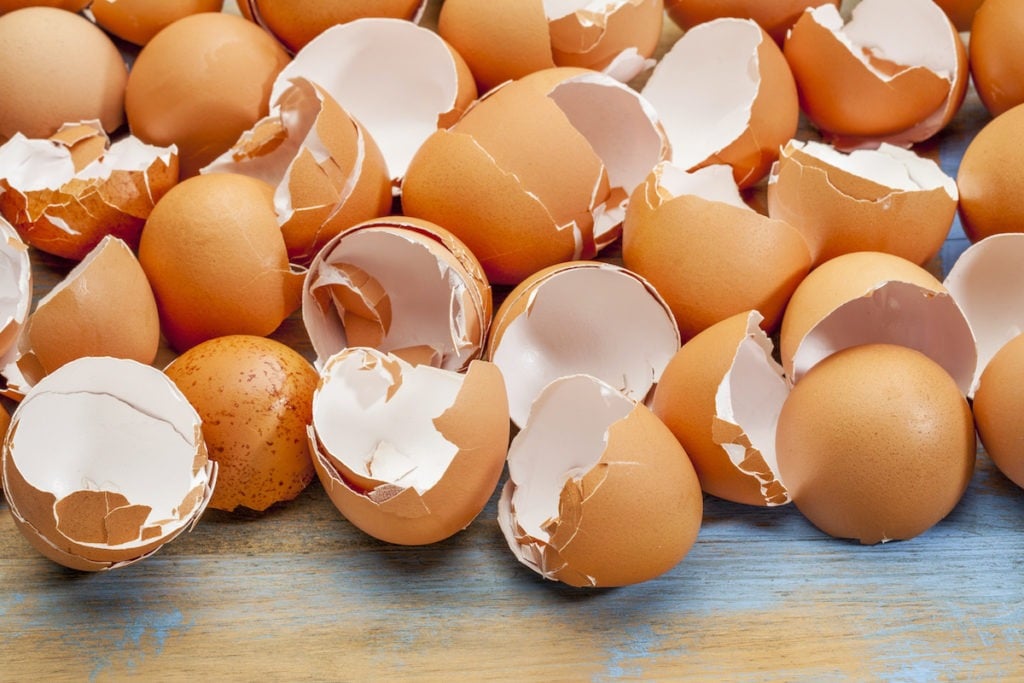
The benefits of eggshells are no stranger to the gardener. They can be crushed, used to start seedlings, and yes, even made into a fertilizer tea! Eggshell fertilizer tea is an inexpensive, nutrient-rich, all-natural addition to your garden stockpile as it feeds your plants a hefty dose of calcium, an essential plant nutrient.
Broccoli, cauliflower, Swiss chard, and spinach thrive with an extra dose of this calcium-packed fertilizer. Your tomatoes, peppers, and eggplants will benefit too, as the calcium boost helps prevent blossom-end rot.
To Make: Collect your empty (clean) eggshells. Boil a gallon of water in a large pot and add 10 to 20 eggshells. Turn off heat and allow the brew to sit overnight. Strain the cooled liquid and use it to water your plants.
To Apply: This tea can be applied weekly. No need to dilute. You can alternatively save the cooled water left over from hard boiled eggs, provided you don’t add salt to the water.
6. Vegetable Cooking Water Tea
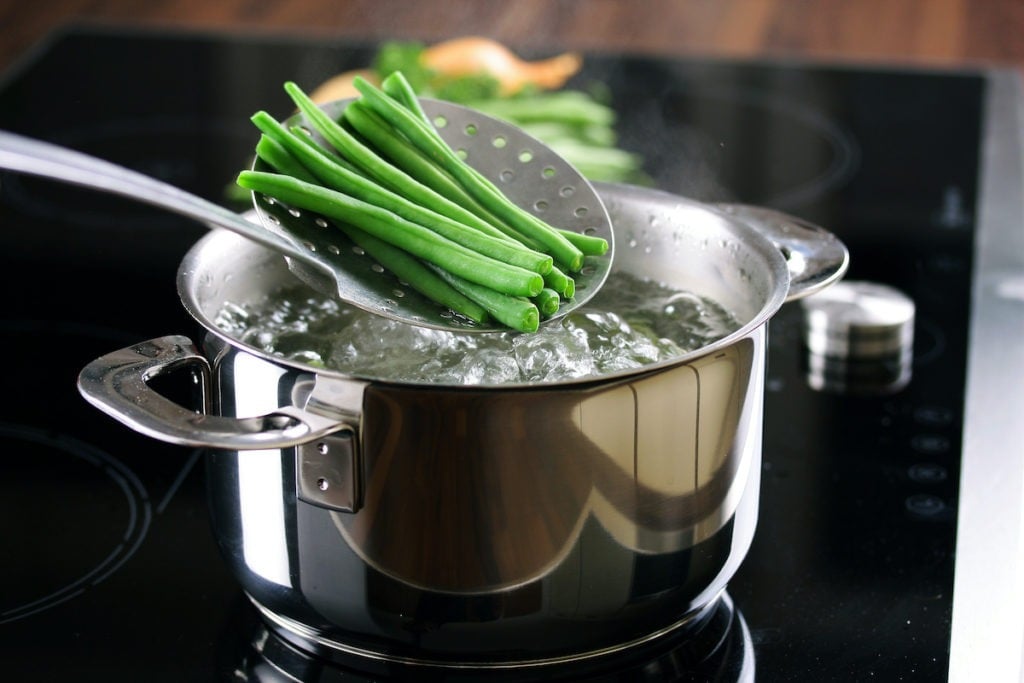
This is a tried-and-true Almanac tip: the next time you cook up some vegetables on your stove top (whether steaming or boiling), don’t dump that treasured water down the drain! This (unsalted) water is infused with nutrients that can be used to fertilize your houseplants and garden plants. Just use it to water as usual.
Bonus Recipe: You can also save your vegetable peelings in a bag or small bucket, boil them in water, and allow them to cool and steep overnight. Strain, and water your plants with the liquid. Be sure the vegetables are organic or haven’t been sprayed.
Notes on Fertilizer Tea Application
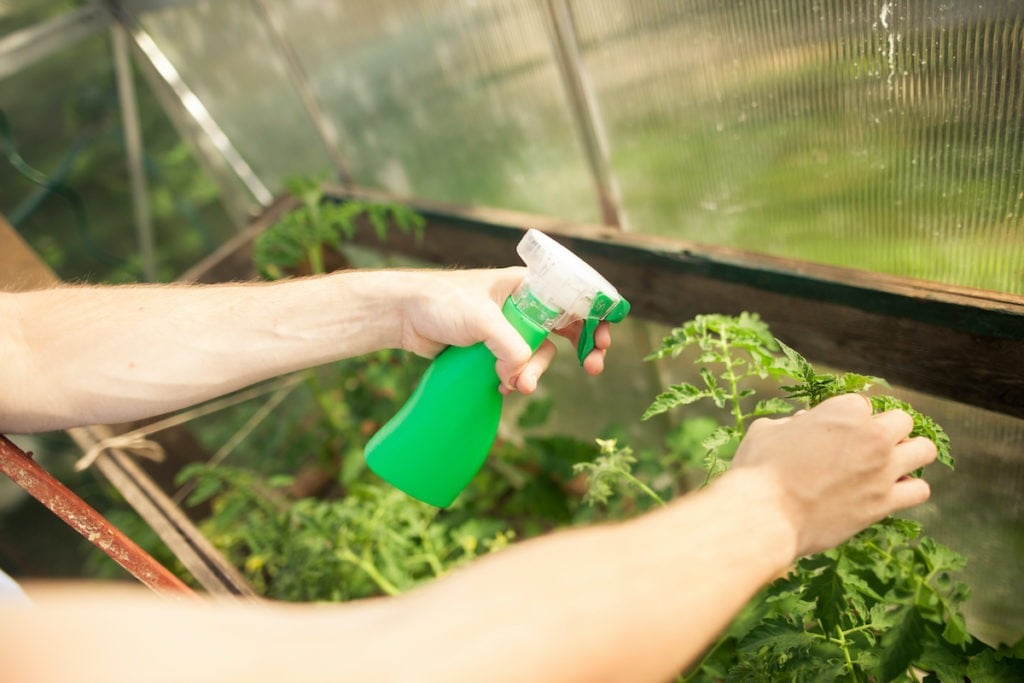
Spray option: Most fertilizer teas can be applied to the soil surrounding your plants. However, your fruiting and flowering plants can really benefit from spray application. Concentrate spray on the underside of the leaf, where it’s most porous. If you’ve got a drought or long stretches of extremely hot weather, spray the leaves twice a week. Any mister with a fine-spray setting will work.
Time of day: It is best to apply fertilizer in the early morning—plants aren’t stressed by the heat of the day so they are more receptive to absorbing nutrients. Alternatively, you can apply at dusk—but be careful not to get the plant’s leaves wet (just water the roots), which can contribute to mold.
Don’t forget to consult our Planting by the Moon calendar for the best times to do all your gardening tasks.
Tell Us
Do you have a favorite DIY fertilizer that you use? Tell us in the comments below!

Natalie LaVolpe
Natalie LaVolpe is a freelance writer and former special education teacher. She is dedicated to healthy living through body and mind. She currently resides on Long Island, New York, with her husband, children, and dog.



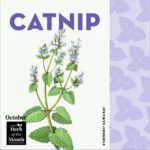


My go to favorite is my chicken manure tea .used and applied as u have mentioned above ..my next go to is fish emulsion teas .I go to my local fish market and leave bins for fish by products .I bring them home .if I dont bury them in my compost directly .I boil them on outside propane used for crawfish boils . Let cool set in 30 gallon trash bin with lid for usage as needed